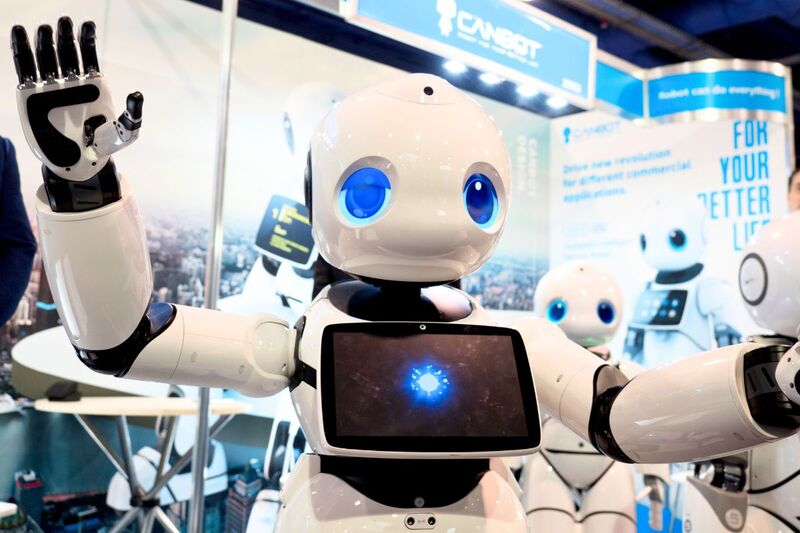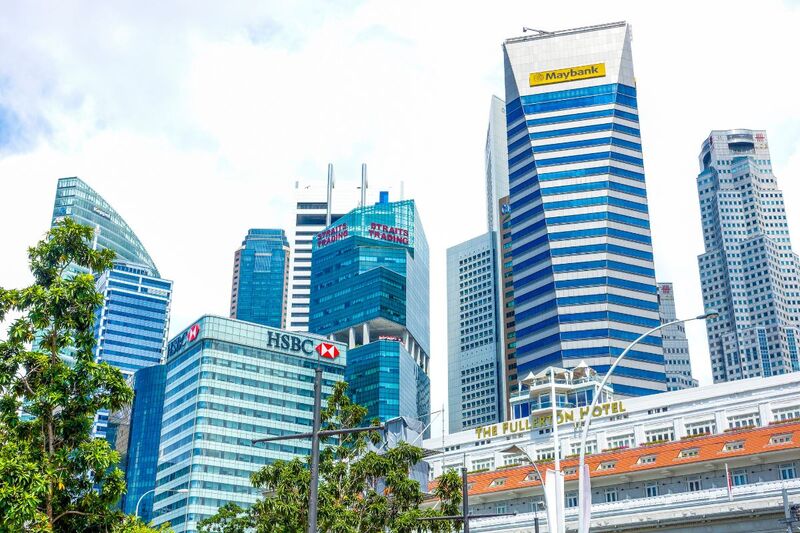2025 Labour Day in Singapore: 8 Fascinating Facts Workers & Employers Should Know
Singapore’s Marina Bay Sands skyline — Labour Day reminds us that behind every landmark and success story are the workers who built the nation.
Labour Day, or May Day, is one of Singapore’s most meaningful public holidays. Falling on 1 May 2025 (Thursday), it not only offers a midweek break but also reflects on the achievements and struggles of workers across the nation. Beyond being a day of rest, Labour Day highlights the values of solidarity, productivity, and the tripartite collaboration that shapes Singapore’s workforce.
Here are 8 fascinating facts about Labour Day in Singapore that reveal its history, traditions, and modern-day significance for workers and employers alike.
1. Labour Day Was Once Marked by Passionate Rallies
In Singapore’s early years, May Day rallies symbolised the growing strength of the labour movement. Workers gathered to call for better conditions and fairer treatment, with fiery speeches setting the tone. While those days of confrontation have passed, they laid the foundation for today’s strong labour protections.
2. The Istana Opens Its Doors to the Public
A unique Singapore tradition, the Istana—home and office of the President—opens its gates every Labour Day. Singaporeans and PRs can enter for free, enjoy cultural performances, and explore the lush grounds. It’s a highlight for families looking to celebrate the holiday together.
3. Productivity Has Always Been a Central Theme
From the 1960s through the 1980s, Labour Day messages often focused on improving productivity. Leaders called on workers and employers to double efficiency and strengthen workplace cooperation, reinforcing Singapore’s drive to stay competitive.
4. Official Holiday Since 1960
Labour Day became a public holiday in Singapore in 1960, shortly after the People’s Action Party (PAP) came into power. This recognition cemented the importance of the labour movement in the nation’s progress.
5. Canadian Roots of Labour Day
The global Labour Day tradition traces back to Canada in the late 19th century. The holiday was officially declared there in 1894 after parades supporting workers’ rights gained momentum. Singapore’s own adoption reflects the international origins of the movement.
6. Presidents with Labour Movement Roots
Three of Singapore’s Presidents—C.V. Devan Nair, Ong Teng Cheong, and S R Nathan—played pivotal roles in the labour movement before entering office. Their journeys highlight how deeply intertwined Singapore’s governance and worker representation have been.
7. Tripartite Collaboration Is a Key Pillar
Labour Day underscores the unique tripartite model in Singapore, where unions, employers, and the government work together. This partnership has helped the nation weather global recessions, safeguard workers’ welfare, and keep businesses competitive.
8. The Anthem of Solidarity
Every year on Labour Day, unions gather to sing “Solidarity Forever,” a classic labour anthem symbolising unity and strength. The song echoes the enduring spirit of workers standing together to achieve fairness and progress.
Implications for Businesses and Workers in 2025
Labour Day is more than a holiday—it’s a chance to reflect on Singapore’s evolving workplace.
-
For Employers: It’s a timely reminder to appreciate staff contributions, improve workplace culture, and reaffirm commitments to fair pay and well-being.
-
For Workers: It’s an opportunity to celebrate achievements, understand rights, and embrace future goals—whether through upskilling, career development, or work-life balance.
In 2025, with greater emphasis on flexible work, AI-driven productivity, and green jobs, Labour Day also serves as a reminder that the workforce must continuously adapt to new opportunities.
🌟Seeking Your Next Career Opportunity?
Submit your CV — Our trusted Career Consultants will review your resume and contact you if we find a position that matches your profile!
OR
Looking to Hire?
Please fill in this Inquiry Form — our Recruitment Consultants will be in touch with you soon!
Disclaimer:
The information provided in our blog articles is intended for general informational purposes only. It is not a substitute for professional advice and should not be relied upon as such.
While we strive to provide accurate and up-to-date information, the ever-evolving nature of certain topics may result in content becoming outdated or inaccurate over time. Therefore, we recommend consulting with qualified professionals or experts in the respective fields for specific advice or guidance. Any actions taken based on the information contained in our blog articles are solely at the reader's discretion and risk. We do not assume any responsibility or liability for any loss, damage, or adverse consequences incurred as a result of such actions.
We may occasionally provide links to external websites or resources for further information or reference. These links are provided for convenience and do not imply endorsement or responsibility for the content or accuracy of these external sources. Our blog articles may also include personal opinions, views, or interpretations of the authors, which do not necessarily reflect the views of our organisation as a whole. We encourage readers to verify the accuracy and relevance of information presented in our blog articles and to seek professional advice when needed.
Your use of this website and its content constitutes acceptance of this disclaimer.
Reference Links:
https://mothership.sg/2014/04/8-things-you-did-not-know-about-labour-day/






